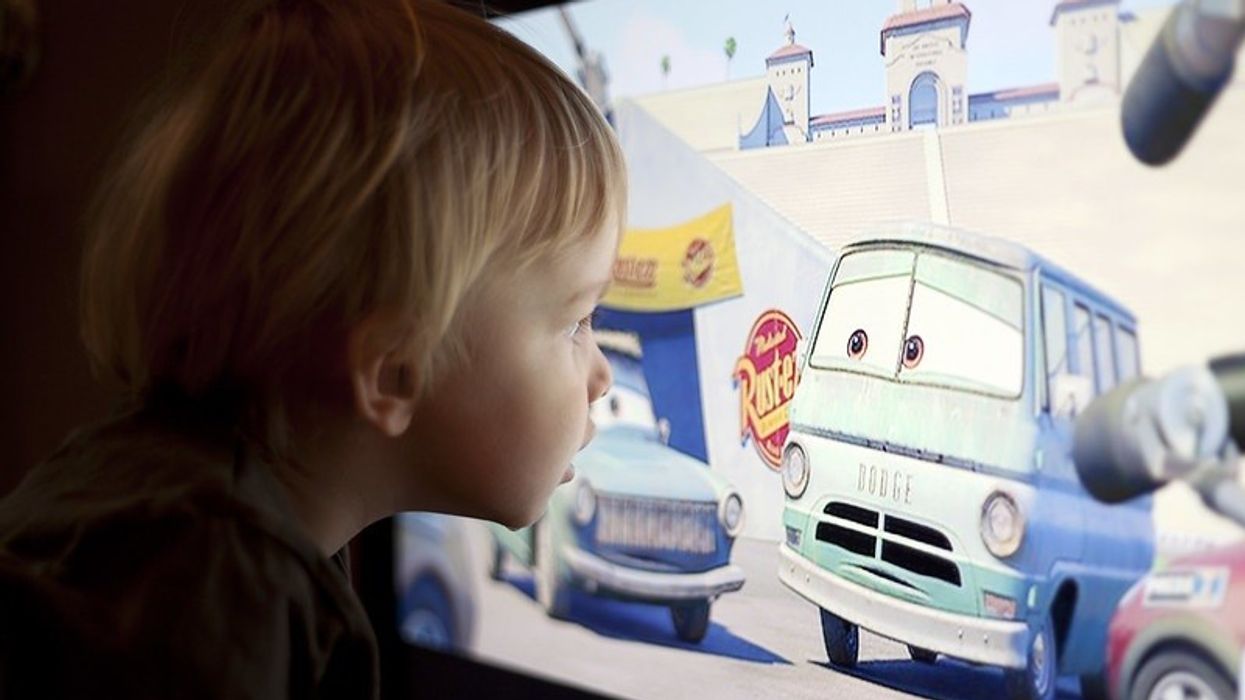According to scientists screen time leads to physical and functional changes in the brains of children under 12 years of age, impacting their development. This was discovered after reviewing 33 brain imaging studies spanning 23 years and involving 30,000 participants.
Screen time, referring to the time children spend watching television or playing computer games, was found to impact the development of executive functions of the brain such as working memory, planning, and responding flexibly to changing situations by making structural changes in the pre-frontal cortex.
Further, the children's ability to process sensory information such as touch, pressure, heat, cold, and pain was also affected through changes in their parietal lobes, the researchers from Hong Kong, China and Australia found.
They wanted to understand how digital engagement influenced the brain's plasticity during critical periods of child development.
Brain plasticity, or neuroplasticity, refers to the ability of neural networks in the brain to change through growth and reorganisation, developing different or new functions.
While visual development is considered to take place before a child turns eight, language acquisition is thought to happen up to the age of 12.
The researchers found that digital activity also made changes to the children's temporal lobes - important for memory, hearing, and language - and their occipital lobes, which help in interpreting visual information.
The findings are published in the journal Early Education and Development.
"It should be recognised by both educators and caregivers that children's cognitive development may be influenced by their digital experiences," said the study's corresponding author, Hui Li, from The Education University of Hong Kong.
In some studies, screen time was found to negatively impact brain functions required for attention and higher thinking skills involved in controlling one's behaviour, the researchers said in their review, which evaluated studies on children's digital use and associated brain development published between January 2000 and April 2023.
Some of these studies involving device-based research found that tablet users had worse brain function and problem-solving tasks.
Further, video games and high internet usage were found to be associated with degrading intelligence scores and brain volume.
However, instead of advocating limits on screen time, the researchers urged "policymakers to help parents navigate the digital world by promoting programmes which support positive brain development."
Limiting their screen time is effective but confrontational, Li said.
"More innovative, friendly, and practical strategies could be developed and implemented. Those in policymaking positions should supply suitable guidance, involvement and backing for children's digital use," said Li.
"It is imperative for policymakers to develop and execute policies grounded in empirical evidence to safeguard and enhance brain development in children as they navigate the digital era," said lead author Dandan Wu of the Education University of Hong Kong.
Wu said that this could involve offering resources and incentives for the creation and examination of digital interventions aimed at bolstering brain growth in children.
About the practical implication of the study findings, Wu said that they could help educators and caregivers in supplying suitable guidance on children's digital use.
(PTI)




